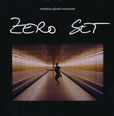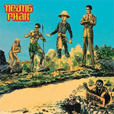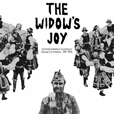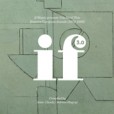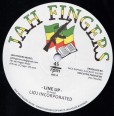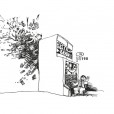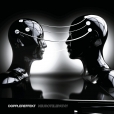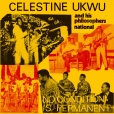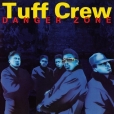Your basket is empty

Dark, funky and grooving, inventive and flowing but punchy and sharply focussed. Moebius’ electronics, Neumeier’s drumming, Plank’s engineering: from the early eighties but fresh as anything.
40th Anniversary Edition: hand numbered, limited edition, white vinyl.
Uproarious mix-up of Molam pop, Thai acid-rock, Javanese dangdut, default TwoTone and Cambodian instro-drama from the Oakland CA seven-piece including Sublime Frequencies’ Mark Gerghis (with Alan Bishop guesting).
The forgotten music of the Austro-Hungarian diaspora in the mid-west of the United States. An Ian Nagoski compilation to inaugurate the label, with a cover by Eric from Mississippi Records.
Six tracks spanning infectious Polish disco (Karolak and Korzyński), bustling break-heavy jazz from the Polski Jazz Ensemble and Russki Yahilevich, heartwarming spiritual jazz from Hungary’s Binder Quintet (featuring John Tchicai)... and Alojz Bouda’s oddball Slovakian synth banger, Random.
Ishu and Xylon from Sound Iration, produced by Manasseh for Youth Sound in 1990. Quality digi UK steppers, with a nice melodica version, and a hollowed-out dub.
You can hear their stage experience in ‘the sizzle and swing of the percussive highlights here, programmed with a serious depth and wriggle that reflect both an extension of and return to form. Considerations of the machine-human interface, neurological realities and physical probabilities dominate. But these tracks are economical and precise, glittering with emotional depth and cinematic effects. The album’s core, a three-act movement of symphonic uncertainty and revelation, marks one of the pair’s most evocative compositions in a career full of them.’
A compilation of the deepest and most affecting songs by The Philosophers National from Nigeria, beginning in the 1970s. Lilting, multi-layered, pulsing music, with muted trumpet solos, mesmerising guitar runs, driving percussion, and concise and clear-eyed lyrics sung so beautifully by Celestine Ukwu.
‘Celestine ditched the jaunty dance rhythms and relatively facile lyrics typical of the reigning highlife tunes, and ignoring the soul music tropes most of the highlife bandleaders were appropriating in an effort to inject new life to their ailing format. Instead Celestine concocted a new highlife style that was more contemplative and lumbering; with the layering of Afro-Cuban ostinato basslines and repetitive rhythm patterns that interlocked to create an effect that was hypnotic, virtually transcendental. Meanwhile, Celestine himself sang as he stood coolly onstage in a black turtleneck and a sportscoat, looking like a university professor. The message was clear: this was not necessarily music for dancing—even though the rhythms were compelling enough. This was music for the thinkers’ (Uchenna Ikonne).
